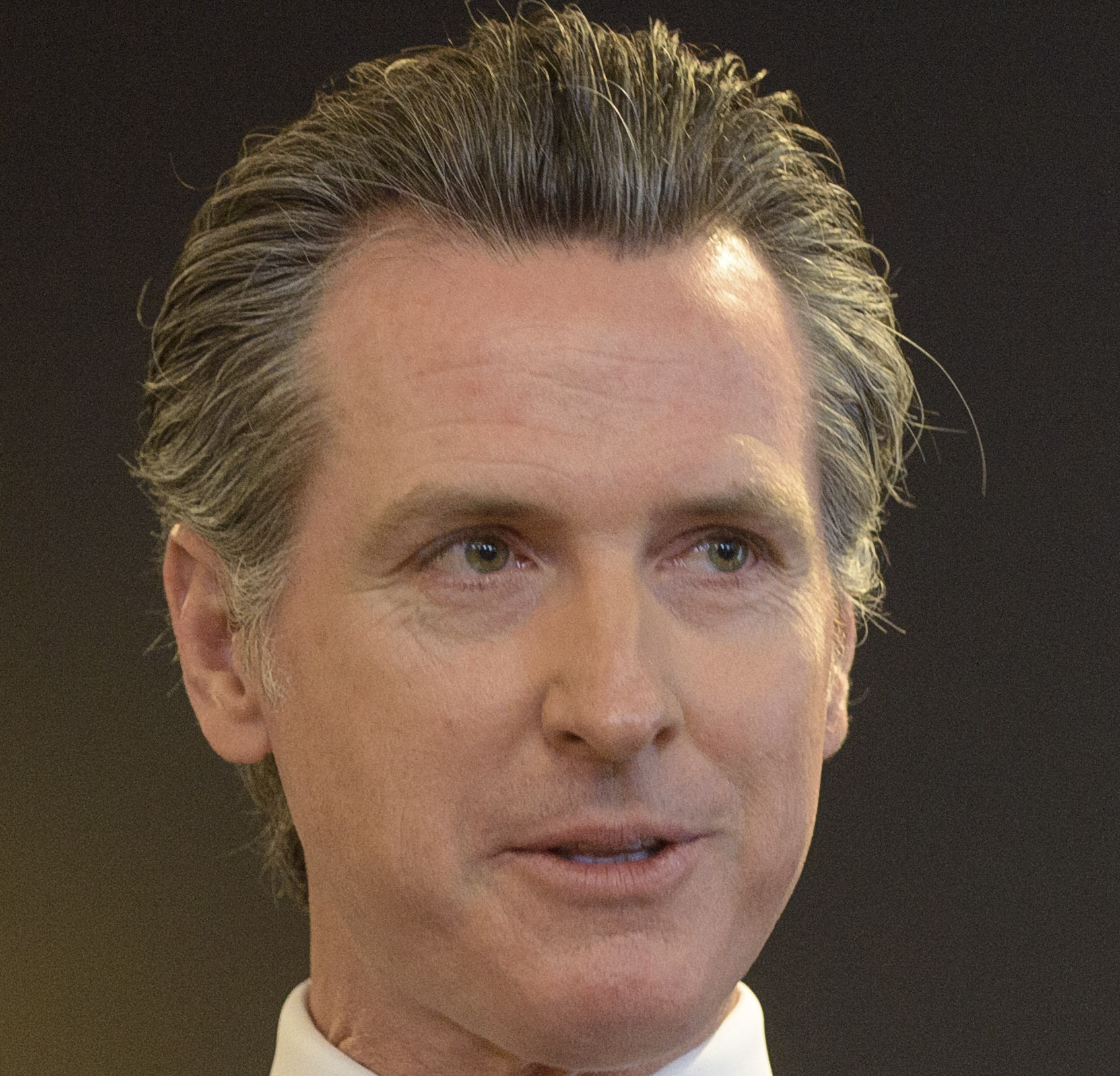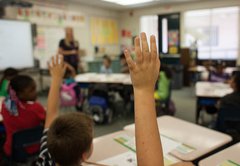Provide access to universal preschool
Gavin Newsom
"To ensure California’s children have the skills they need to succeed in kindergarten, he will provide access to universal preschool."
Newsom-Meter

In the Works

